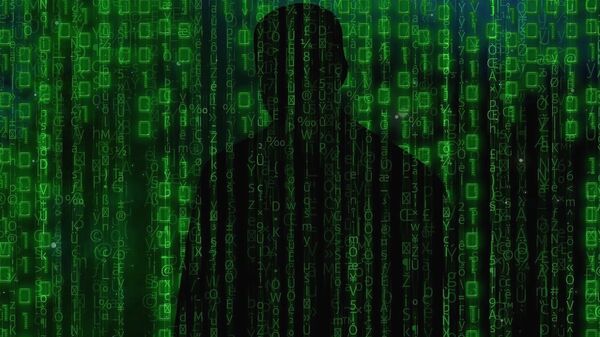The Lawmakers passed a motion calling on "member states [to] consider legal action, including criminal prosecution, against internet and social media companies and service providers that refuse to comply with an administrative or judicial request to delete illegal content or content praising terrorism."
Missed today's #EPlenary debate on #terrorism? Catch up with our @Storify #EPonTerror https://t.co/zEYiZmCOxq
— European Parliament (@Europarl_EN) November 25, 2015
However, the vote is non-binding on member states and stands little chance of making any difference to the coordinated actions being taken by the European Commission and the European Council, which are both working with law agency Europol on a separate policy of working with the internet companies.
Furthermore, most terrorist activity is carried out on encrypted apps or using the dark web. Online terrorism researcher Scot Terban blogged, after the November 13 Paris terror attacks:
"The Al-Hayat media group (daesh) has posted a link and explanation on how to get to their new darknet site today on the Shamikh forum (jihadi bulletin board in the clearnet) and linked it to Twitter as well to search for how to's and links."
"The site mirrors many of the other standard bulletin boards that the jihadi's have had over the years replete with videos and sections in all languages. Given that this site has popped up today in the darknet just post the attacks in Paris, one has to assume that an allout media blitz is spinning up by Al-Hayat to capitalize on the situation," wrote Terban.
Invisible and Unenforceable
In a statement, the parliamentarians said:
"The terrorist attacks in Paris have highlighted once more the urgent need for coordinated action by the member states and the EU to prevent radicalization and fight against terrorism resolution sets out concrete proposals for a comprehensive strategy to tackle extremism, to be applied in particular in prisons, online and through education and social inclusion."
However, the Paris attacks were planned using the dark web. Kristopher Willis, from the Florida Center for Cyber Security at the University of South Florida told WSTP in Tampa:
"I go on there on a daily basis, and I don't recommend it to anybody else."
He said the invisible internet is virtually unknown to most of us, who use typical email or social media sites. But increasingly, the dark web is being used by ISIL and other terrorist groups to recruit and communicate. He said terrorists communicate in the shadows using instant messages that are immediately encrypted by a limited number of servers.
EXCLUSIVE: Crack intelligence unit to be set up to hunt terrorists lurking on the internet https://t.co/X28OGSwpeL pic.twitter.com/UYGR4vBVi7
— Anonymous (@GroupAnon) November 22, 2015
Assistant FBI Director Michael Steinbach recently told a US congressional committee:
"We don't have the means by which to see the content. When we intercept encrypted communications. That's the challenge."
Meanwhile in Europe, critics of the lawmakers' proposals say that threatening internet companies with criminal sanctions could lead to a backlash from people whose posts are removed, leading to further lawsuits.


